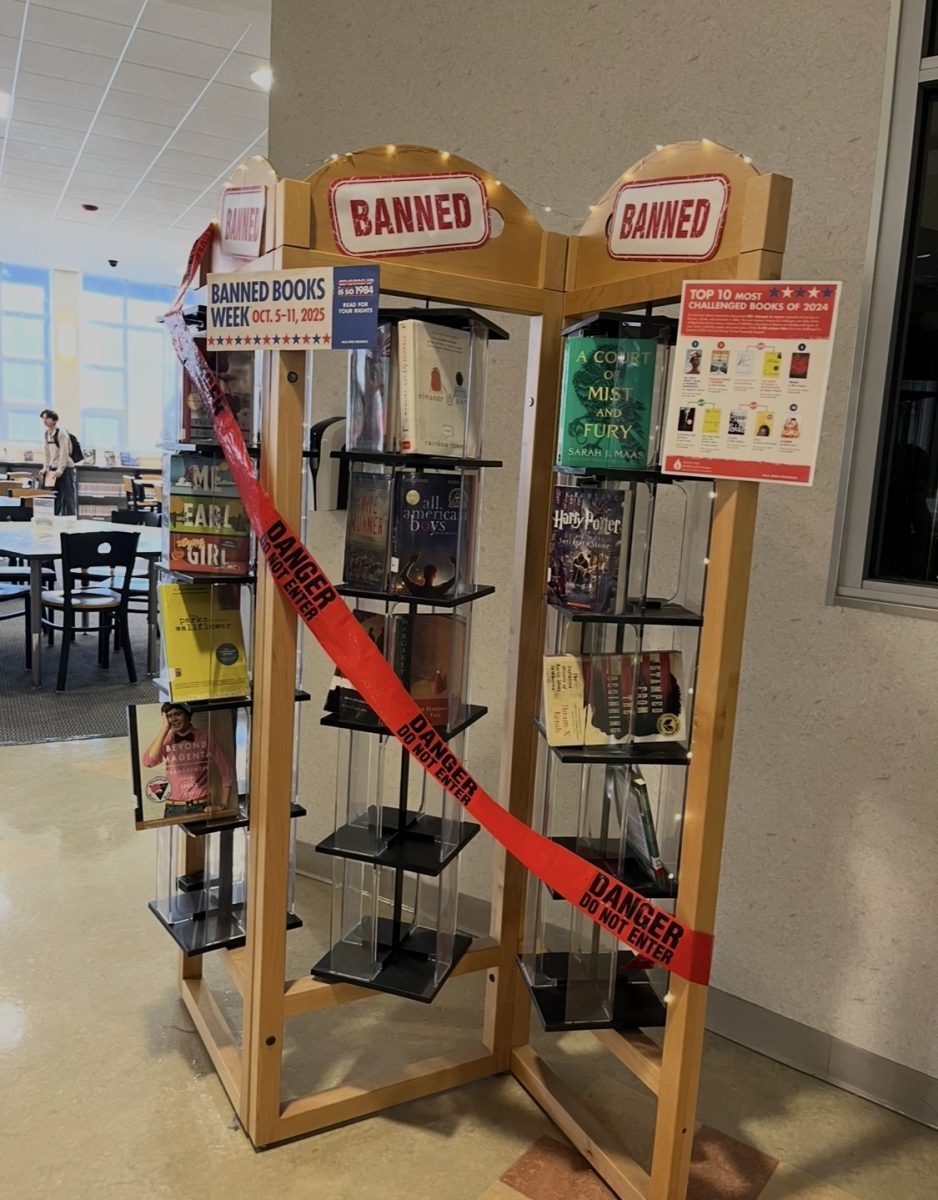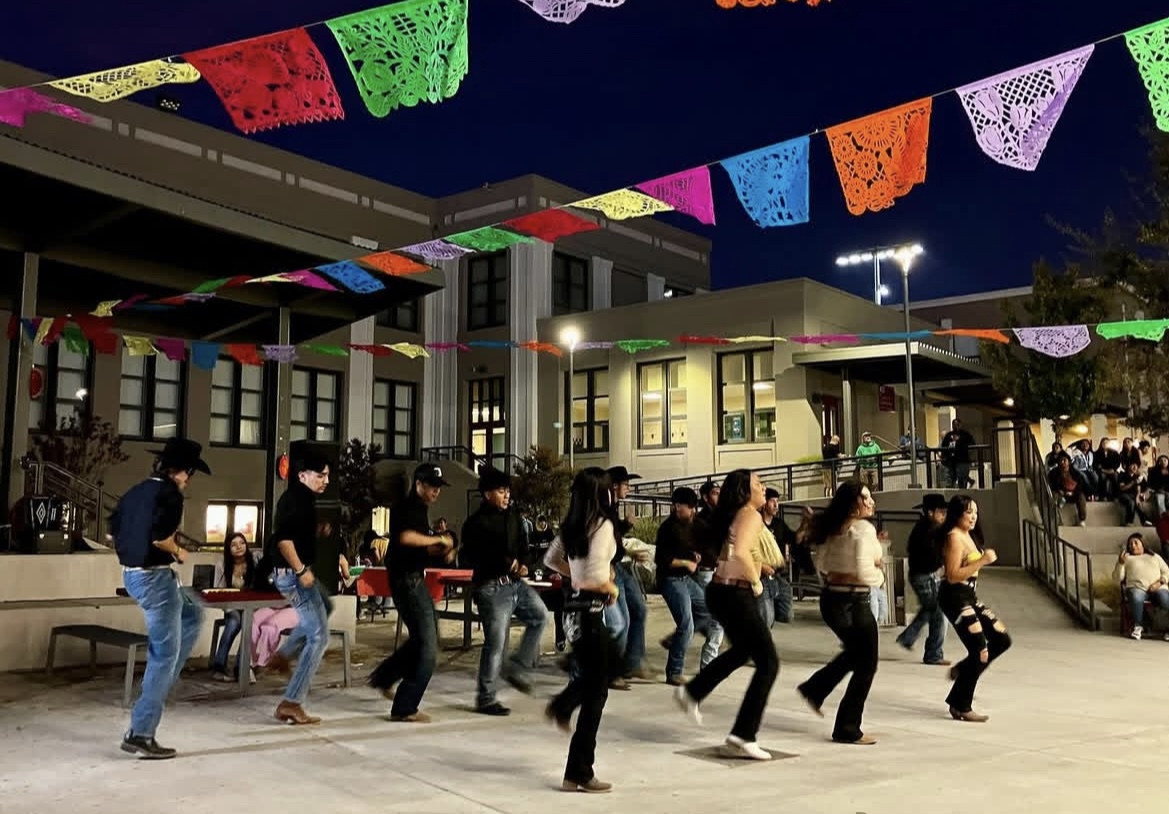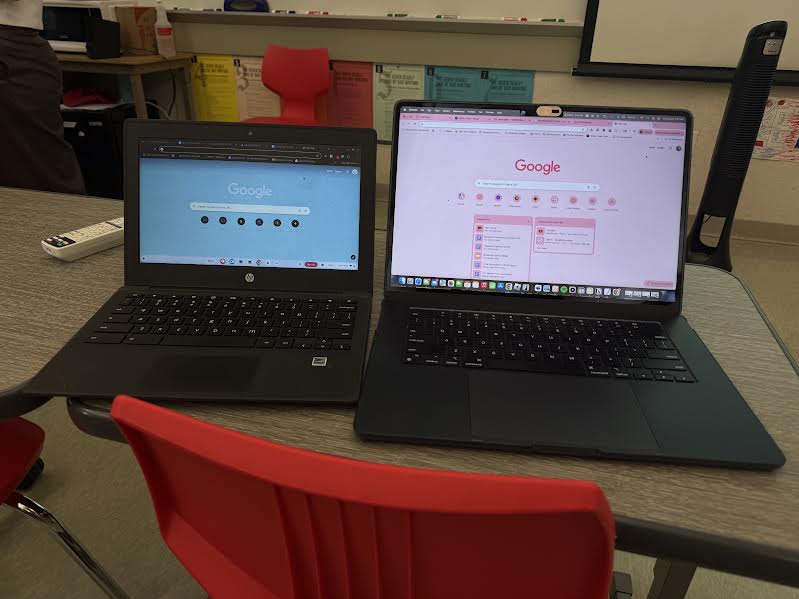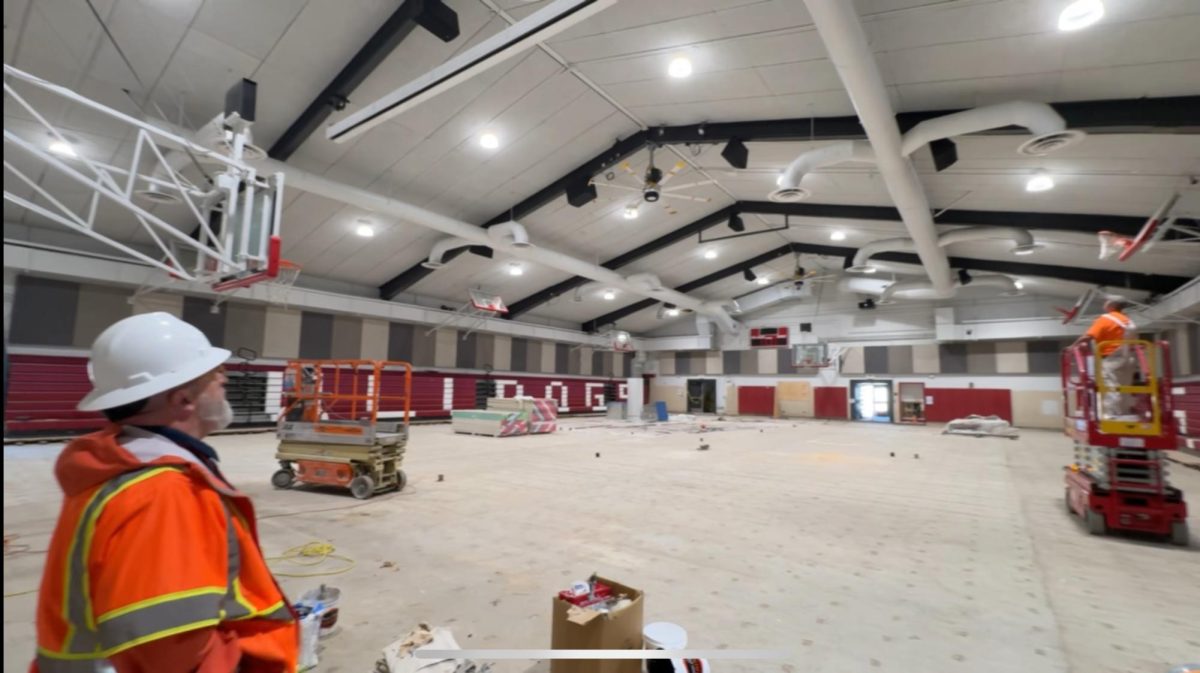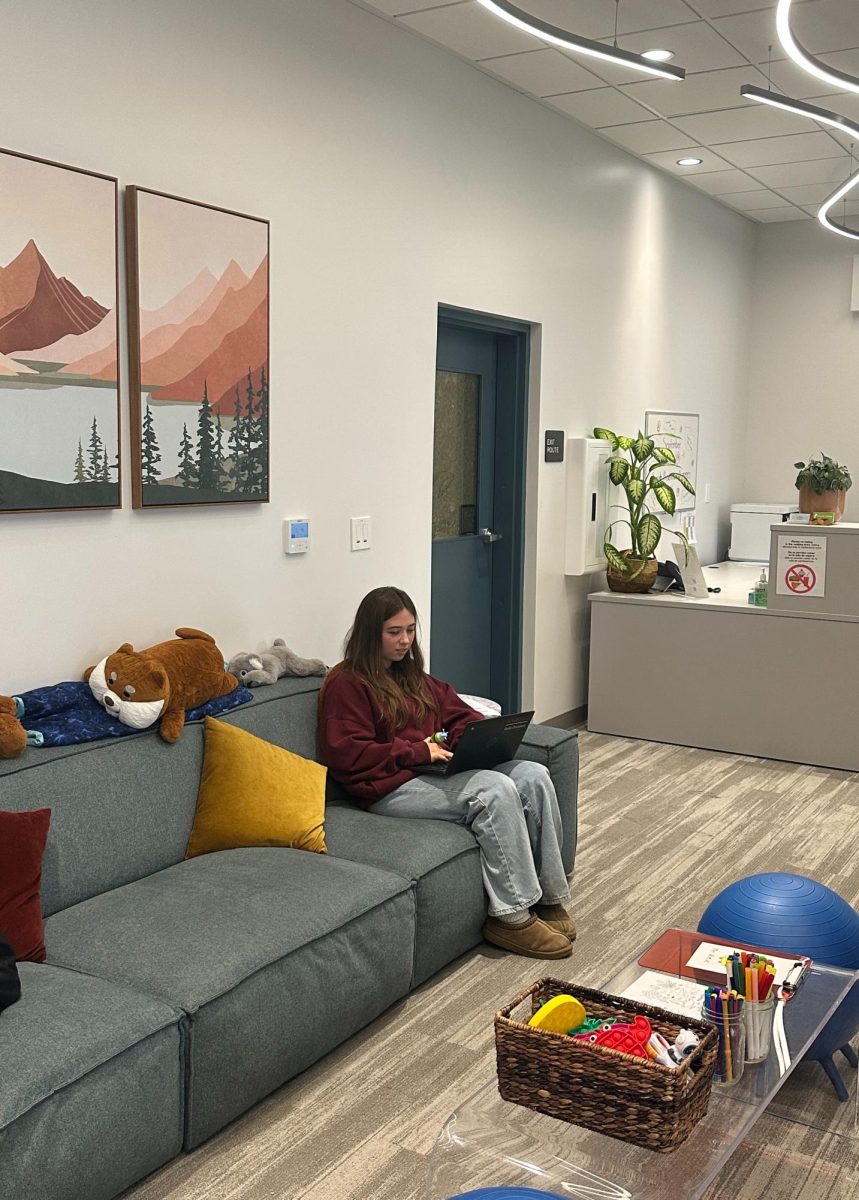According to the Wellness Center, boys are significantly less likely to use the center’s services.
The Wellness Center which offers various services at SR, including counseling, stress management, and peer support groups, has become a vital resource for many students.
Data shows a significant increase in the number of female students seeking mental health and wellness services.
According to Charlie Health, a virtual healthcare company, a 2022 study published in Child and Adolescent Psychiatry and Mental Health found that “in the U.S., 65% of teens who received mental healthcare were female, while only 35% were male.”
Judy Schwerin, the SRHS Wellness Coordinator, stated, “Although I don’t know the exact statistics for our school, I agree with this statement because we definitely see more female-identifying students receiving services.”
Generally, girls tend to feel more comfortable asking for help when needed. Senior student Savannah Rogers said, “Wellness has always been a resource I’ve taken advantage of because of how impactful their services are towards me, and how welcoming they are.”
Paulina Montes, one of the center’s mental health clinicians, said, “Girls are more in touch with their emotions earlier on, and usually boys aren’t taught that so it’s harder for them to express their feelings.”
The Wellness Center has been a valuable resource on campus. Senior Kyle Eugene said, “As a wellness TA, I’ve seen many positive turnouts when students leave the center looking composed and relaxed.”
However, one issue has been a lack of promotion. Marketing could be one reason why boys don’t feel as comfortable getting mental health services.
“I think the Wellness Center should get more out there and do promotions to attract us guys. They only focus on specific occasions like finals week. They should do things like go out to the quad, and encourage all students to use their services to show that they’re here to help us,” said senior Anthony Mena.
Bradly Mazariegos, another senior, says, “Brain breaks are beneficial to help refresh someone’s mind and to help them re-focus.” A “brain break” allows students to take 15 minutes out of class to either relax, make bracelets, play with fidgets, or talk to wellness providers. Mazariegos feels that the services are a great resource on campus for students to receive the help they need. However, he claims that he wouldn’t utilize the service himself because he doesn’t believe he has a reason to visit them.
Despite offering a range of valuable services aimed at supporting students’ mental and physical health, many students remain unaware of the center’s resources.
“I do not like how tucked away it feels on campus,” said Mena. “Except for Cookies and Cram, but even that just doesn’t feel the same.”
Boys tend to not seek mental health resources even if they truly need them. The trend at SRHS reflects a larger societal trend. The outdated notion that boys need to be strong and manly is preventing many male students from accessing the services they need. This stigma around vulnerability and mental health is creating a barrier, leading to a significant gender gap in the utilization of the Wellness Center’s offerings.
“Seeking help may be viewed as a ‘weakness,’ leading men to be hesitant about seeking psychiatric help. Men have historically struggled to verbalize or share their feelings with others, coupled with the ingrained belief that they should ‘man up’ and deal with it themselves,” writes Doctor Siddharth K. Shah in an article published by Orlando Health.
The SRHS Wellness Center may face challenges in reaching its full potential due to these persistent stereotypes.
Senior Luca Lomeli said, “Boys have this idea that they have to be stronger than women mentally, physically, and emotionally, and find other ways like the gym, or other hobbies to deal with their mental health.”
“If male therapists were in the wellness center, boys would likely be more motivated to receive services,” said Mazariegos.
The Wellness Center is taking steps to address this issue by launching targeted outreach programs and creating more male-friendly spaces and activities.
“We are hoping to reach out and get males to speak on behalf of their experience and promote themselves. The goal is to be more visible and involved in events like Club Rush to welcome all genders and build a more diverse community for the Wellness Center,” said Montes. “In addition to that, Wellness is looking for male therapists whose goal is to bring diversity into the field and always be open-minded for the students.”
The hope is that these efforts will encourage more boys to take advantage of the Wellness Center’s resources, leading to improved mental health outcomes for all students.

